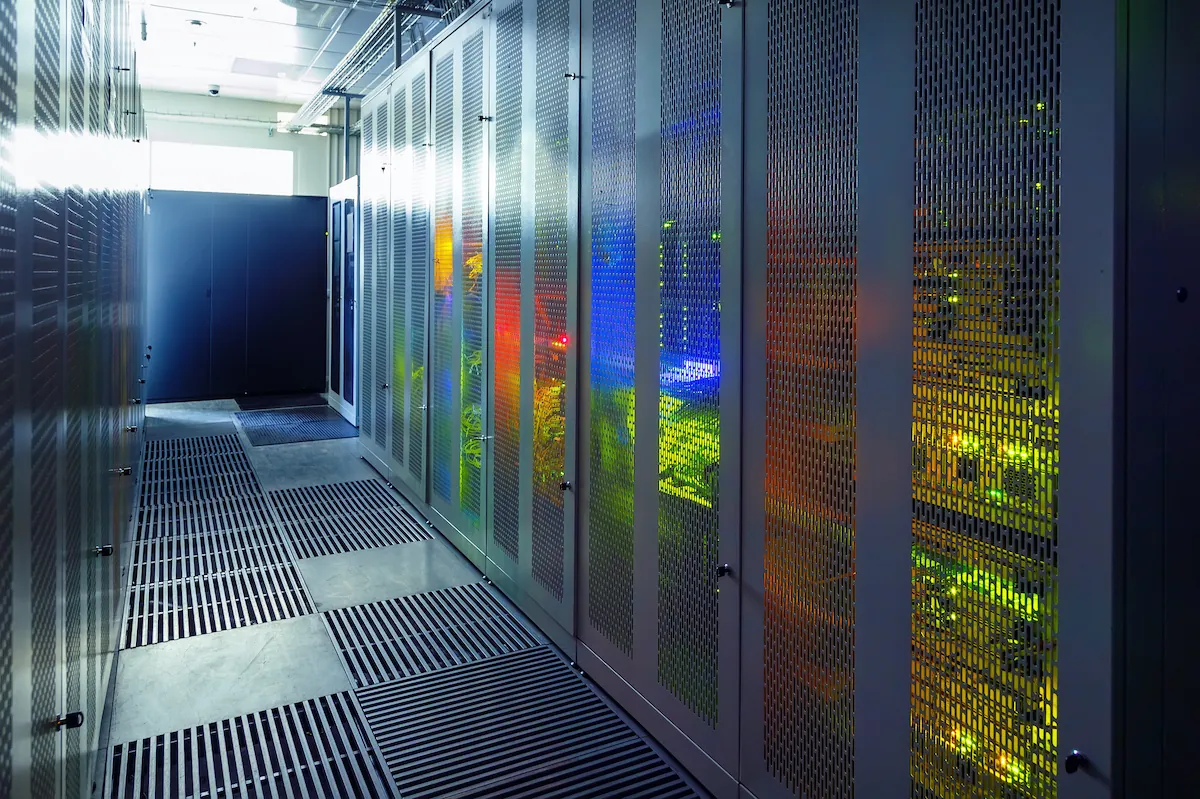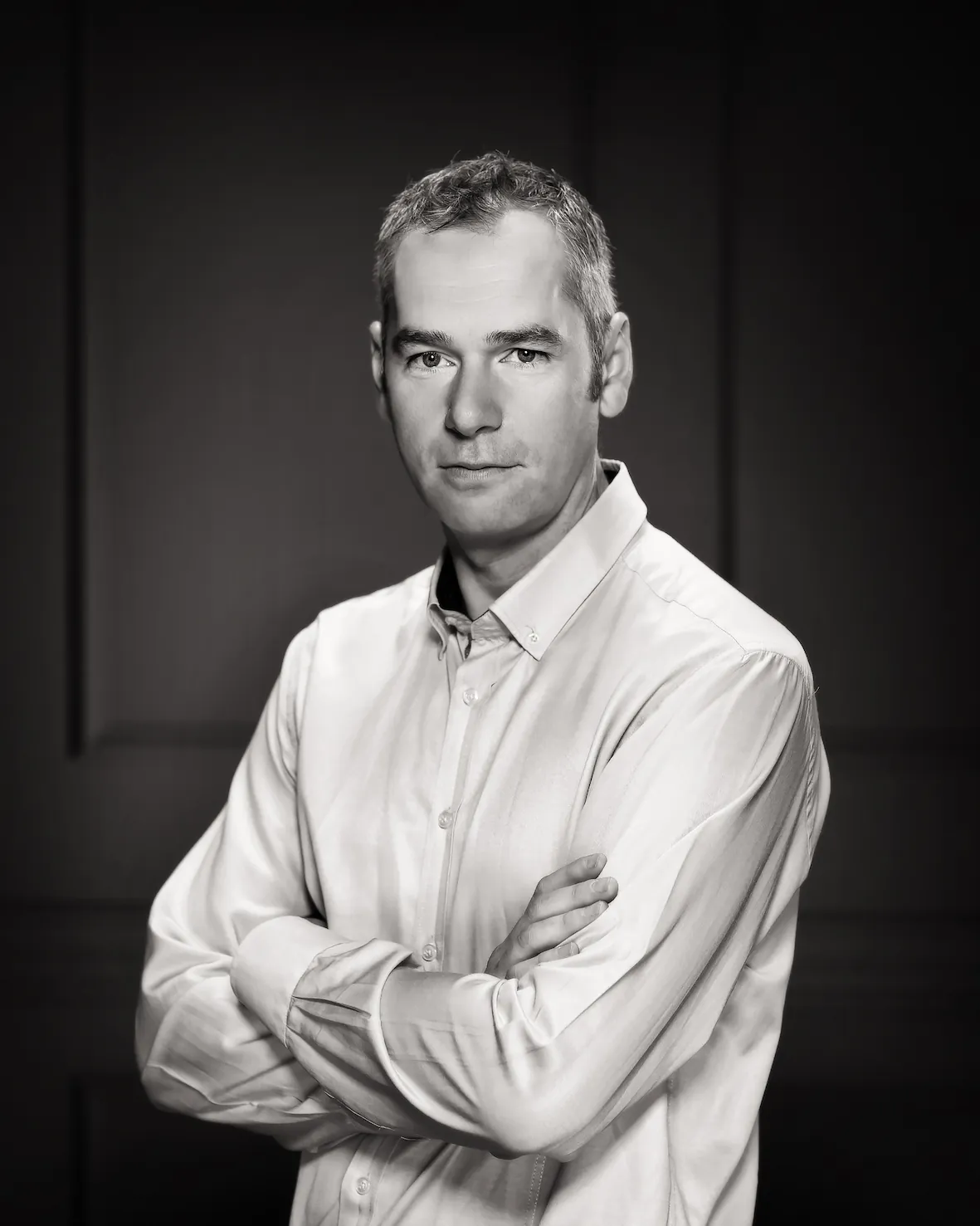Limited Data Center Capacity is Placing an Increased Focus on Optimization19 min read

In this guest blog, EkkoSense’s co-Founder and Chief Technology Officer, Dr. Stu Redshaw
discusses some of the challenges data center operators have been facing in Europe particularly – and considers how this places an increased focus on optimization for the coming year and beyond.
The last 12 months has seen record levels of investment and development across the major European data center metro hubs such as Frankfurt, London, Amsterdam and Paris. Indeed, according to research from DC real estate services firm CBRE, it’s estimated that during 2019 overall European data center capacity grew by some 23%. This expansion has been across the board, with major cloud hyperscale service providers building out their footprint, colocation environments continuing to expand, and further growth from edge computing facilities.
While demand for colocation space bought by IT departments remains strong, many expect usage to evolve in time towards the hyperscale cloud centers. Additionally, the widescale deployment of 5G networks and the take-up of IoT-enabled devices will see an increased requirement to process transactions and potentially store data at edge computing facilities nearer to the source of the data.
These factors are combining to subject European data center facilities to unprecedented levels of demand. Although given the dramatic increase in data volumes due to growth in online services such as social media, a tripling in the number of connected devices, as well as strong consumer demand for smart wearable devices, it’s perhaps hardly surprising that we’re collectively consuming more and more data. Add in the inevitable increased pressure that will be placed on infrastructure by escalating levels of AI processing, and it’s clear that data centers will continue to face significant challenges. Depending on the depth of their AI data sets, organizations need to be asking themselves if they really have the processing bandwidth and energy capacity to support these loads. With net zero carbon targets now much higher up the corporate agenda, compute-intensive applications such as AI could increasingly be seen as a real challenge when it comes to data center energy consumption.
In the face of these demands, however, we’re starting to see the data center sector – particularly in Europe – face real challenges in terms of structural delivery, available real estate and energy usage. There are also clear indications that metro area governments are increasingly concerned about how the continued construction of new data centers are placing real pressure on local power infrastructure and causing land shortages. For example, In the Netherlands the Amsterdam municipality took the decision last year to halt new data center construction, following an 8-year period where the Dutch DC market had expanded at an average annual rate of 18.5%. Many expect other major European metro hubs to start considering similar initiatives.
These physical limits on space and power mean that there is now a real pressure on facilities of all sizes to do more with less, and that requires them not only to run more efficiently but also to manage their capacity better. Given the benefits in terms of releasing capacity, managing risk and reducing energy consumption that are now available with the latest capacity planning and thermal optimization capabilities, we believe it’s now incumbent on data center operators to seize the optimization opportunities that are available. Fail to do this, however, and that could create a growing problem as our industry comes under increasing scrutiny for its energy usage.
That’s why at EkkoSense we’re helping to address this challenge by providing data center operational teams with real-time access to their critical heartbeat power, cooling and space data. This allows them to run their estates much leaner by not only releasing rack capacity but also delivering average cooling energy savings of 24% – helping them to address both their operational and environmental goals. As we continue to deploy in the US market and work closely with Upsite Technologies, it will be interesting to see how the North American market evolves, especially in comparison with the situation across the Atlantic in Europe.
Upsite Technologies’ new software-driven thermal optimization partner EkkoSense offers a perfect complementary solution to the Upsite offering, providing a way for customers to visualize the thermal impact of airflow management improvements through a 3D live model. Couple this with the EkkoSense software’s ability to help customers optimize their cooling infrastructure after airflow management improvements have been made, and it’s clear that EkkoSense brings significant value to Upsite’s proven 4 Rs approach to airflow management.
Real-time monitoring, data-driven optimization.
Immersive software, innovative sensors and expert thermal services to monitor,
manage, and maximize the power and cooling infrastructure for critical
data center environments.
Real-time monitoring, data-driven optimization.
Immersive software, innovative sensors and expert thermal services to monitor, manage, and maximize the power and cooling infrastructure for critical data center environments.

Stu Redshaw, Joint founder and Chief Technology Officer of EkkoSense
PhD, CEng, FIET, FCIBSE, M-ASHRAE
Stu Redshaw, PhD, CEng, FIET, FCIBSE, M-ASHRAE, is joint founder and Chief Technology Officer of EkkoSense – the data centre thermal optimisation and capacity planning experts. He holds a doctorate in heat transfer and thermodynamics from Nottingham University (UK) and specialises in revolutionary clean tech and energy efficient systems. He is particularly recognised for his focus on resolving thermal challenges and has led many breakthrough academic projects in this area. In addressing today’s thermal challenges, his goal has always been to look at technical problems from first principles and challenge the status quo.
Before founding EkkoSense, Stu was a director of Delta-T, a specialist in energy efficiency and heat transfer within the HVAC, building services, facilities management and utilities sectors. He also spent eight years as CTO at 4energy where he focused on applying his thermodynamics expertise to the challenges of equipment cooling.
Airflow Management Awareness Month 2019
Did you miss this year’s live webinars? Watch them on-demand now!
0 Comments